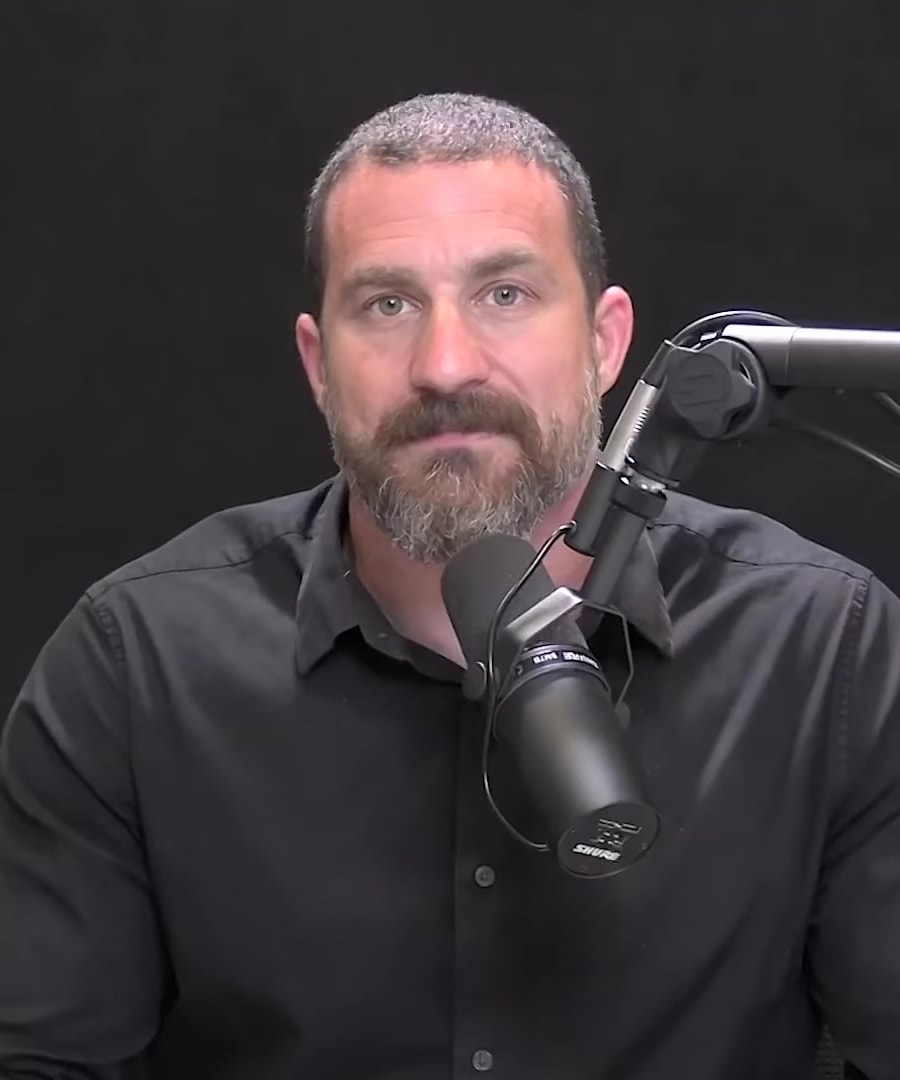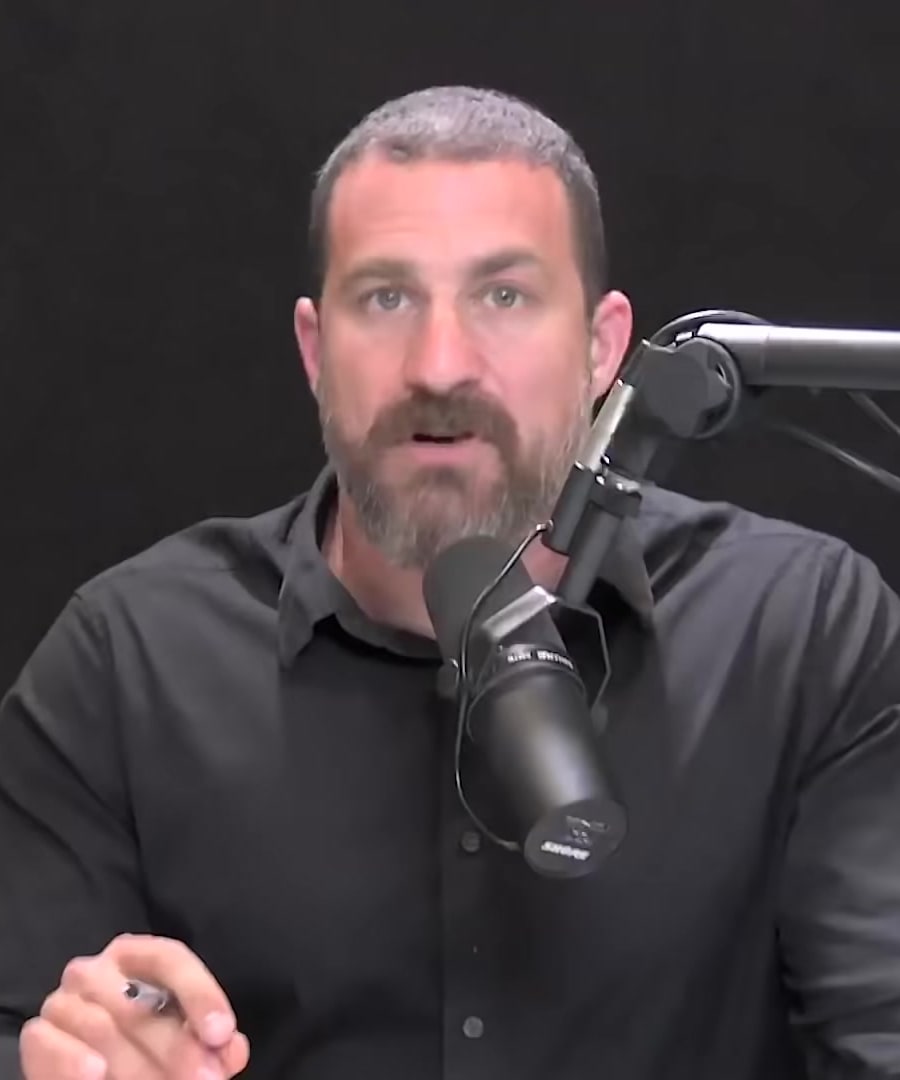What are the effects of anesthesia on memory and is there a way to offset those effects or protect against memory loss?
There is currently no data provided by the Huberman Lab on the effects of anesthesia on memory or any methods to offset those effects or protect against memory loss. If you are interested in learning more about this topic, it might be beneficial to look into sources specifically focused on anesthesiology and cognitive function.
RELATED QUESTIONSHow does anesthesia impact memory?
Sources:
The impact of anesthesia on memory involves several complex factors, including the areas of the brain affected by the anesthesia and the extent of its influence. Anesthesia generally targets the brain's ability to form new memories during the period when an individual is under its influence. This is because anesthesia affects the hippocampus, a critical area for memory formation.
For instance, experiments have shown that while under anesthesia, individuals are generally unable to form new memories. This is primarily due to the suppression of neural activity in brain areas like the hippocampus that are essential for memory consolidation and recall 1.
There are potential strategies to mitigate or protect against memory loss associated with anesthesia, including the use of certain pharmacological agents that can influence memory-related processes. For example, research on animals suggests that administering specific drugs that affect neurochemical systems involved in memory, such as adrenaline pathways, can help in mitigating the memory impairing effects of anesthesia. However, translating these findings into clinical practice for humans involves extensive testing and validation for safety and efficacy 2.
It's important to approach this issue with caution and consult healthcare professionals, especially in managing anesthesia for individuals with existing memory or cognitive concerns.
RELATED QUESTIONS
What are the effects of anesthesia on memory and is there a way to offset those effects or protect against memory loss?
- RELATED QUESTIONS
How does anesthesia impact memory?
- RELATED QUESTIONS

